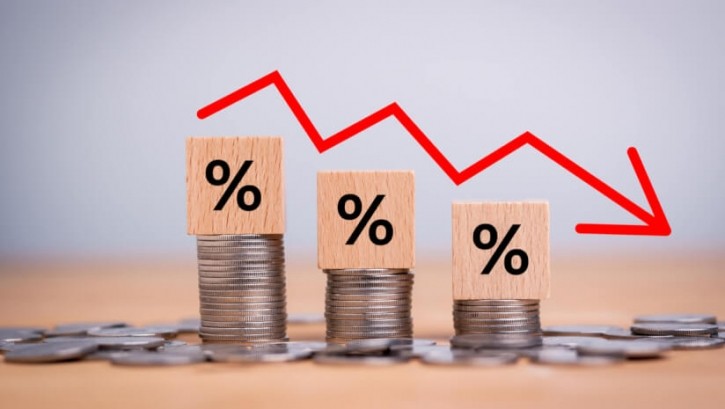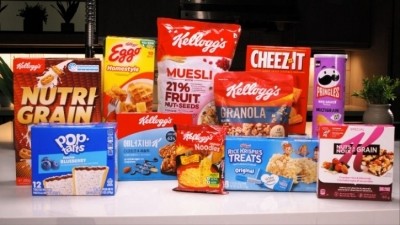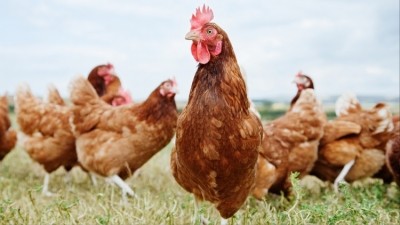News
‘Strong signs the industry is turning a corner’, says FDF as F&B prices remain stable

The June figure is the joint lowest annual rate since October 2021, when it was 1.3%, with the annual rate down from March 2023’s eyewatering high of 19.2%.
The annual rate of 1.5% in July 2024 compares with 14.9% in July 2023.
These figures also represent the first time since March 2023 that the annual rate has not eased, having seen 15 consecutive months of slowing prices before then.
There is a mixed picture for individual categories, with 20 out of the 49 categories reported by the ONS in deflationary territory in July, while inflation was below 5.0% for 17 categories.
Frozen seafood saw the fastest drop in prices by 8.1%, with jams and marmalades hot on its heels at 5.4%.
Olive oil, cocoa and powdered chocolate, and lamb and goat, however, all saw dramatic spikes at 37.5%, 19.6% and 12.3% respectively.
Alcohol saw a drop from 7% in July 2023 to 5.3% in July 2024, remaining relatively steady between June and July 2024.
Balwinder Dhoot, director for sustainability and growth at The Food and Drink Federation (FDF) said that although energy and global commodity prices remain stubbornly higher, the future looks bright.
Energy prices were lower in July 2024 than they were a year ago and are much lower than their peak in the first quarter of 2023. Gas and electricity prices in July 2024 are still around 68% and 45% higher, respectively, compared to March 2021.
"We’re pleased that as pressures across the food supply chain ease, food and drink price inflation continues to stabilise. While energy and global commodity prices remain elevated due to a series of shocks, including the war in Ukraine and ongoing geopolitical uncertainty, there are strong signs that the industry is turning a corner. Around 85 per cent of food manufacturers expect to maintain or increase investment levels over the coming year, after a 30% decline since 2019,” said Dhoot.
“Our industry plays a vital role in every community, and the local and national economy. As well as providing job opportunities and skills development it underpins the nation’s food security. Continued investment is key to safeguard and enhance the resilience of our food supply, tackle climate change and health inequalities, and boost jobs and growth.”
In other news, Mars and Kellanova are believed to have reached a deal as rumours air over acquisition.















